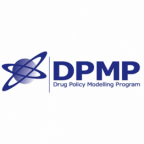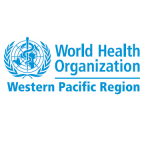Preventing alcohol-related harms: using comparative policy analysis to study the effects and development of local government alcohol policy
Regulating the availability of alcohol is one of the most effective ways to reduce harm from alcohol consumption, and local governments have a significant role. This Fellowship provides the first systematic examination of the impact of local government regulation of alcohol availability.











